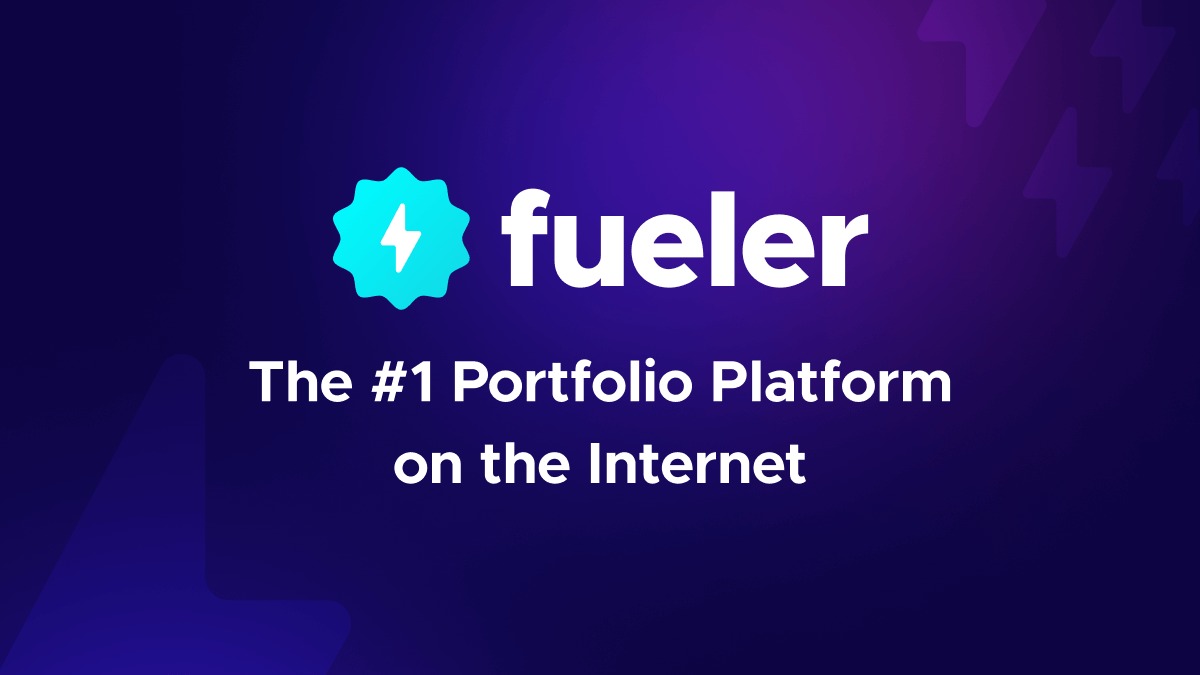How to Write Polite Follow-Ups That Get Replies in 2025

Riten Debnath
07 Aug, 2025

Have you ever sent an important email and waited… and waited… only to get no response? In 2025, with inboxes fuller than ever, writing polite follow-ups that actually get replies is a must-have skill for students, freelancers, and professionals alike. The good news is, you don’t need to be pushy or awkward just a little strategy and kindness can make all the difference.
I’m Riten, founder of Fueler, a platform that helps companies hire through assignment by letting professionals showcase their real work. In this article, I’ll share how to write follow-ups that are polite, effective, and more likely to get you the answers you need. Just like a great portfolio opens doors, a thoughtful follow-up can open up new opportunities and help you build lasting relationships.
Why Polite Follow-Ups Matter More Than Ever
A well-written follow-up shows respect for the other person’s time and increases your chances of getting a response. In 2025, people receive more emails and messages than ever before, so standing out in a positive way is crucial. Polite follow-ups remind recipients of your message without making them feel guilty or pressured.
- Shows professionalism and respect for the recipient
- Keeps your request top-of-mind without being annoying
- Increases your chances of getting a timely response
- Helps build positive, long-term connections
Why it matters: Polite follow-ups help you get answers faster, maintain your reputation, and ensure your communication is remembered for the right reasons.
Elements of a Polite and Effective Follow-Up
A good follow-up is friendly, clear, and purposeful. It doesn’t blame or rush the recipient but gently reminds them of your original message and why it matters. Personalizing your follow-up makes it feel genuine and increases your chances of a reply.
- Friendly greeting and reference to your previous message
- Clear, concise restatement of your request or question
- Brief reminder of why your message is important or time-sensitive
- Polite closing and invitation to respond at their convenience
Why it matters: Including these elements makes your follow-up easy to read and respond to, showing you value the recipient’s time and input.
Timing Your Follow-Ups for Best Results
When you send your follow-up matters almost as much as what you say. Too soon, and you seem impatient; too late, and your message might be forgotten. The sweet spot is usually 2-5 days after your first email, but this can vary depending on the urgency and context.
- Wait at least 48 hours after your initial message
- For urgent matters, follow up after 2 days; for less urgent, wait 4-5 days
- Avoid sending follow-ups late at night or on weekends if possible
Why it matters: Good timing shows you respect the recipient’s schedule, making them more likely to respond positively to your message.
Writing Subject Lines That Get Opened
Your subject line is the first thing people see, so make it clear and polite. Reference your previous message or the topic, and avoid using all caps or overly urgent language. A gentle nudge is more effective than a demand.
- Use phrases like “Just following up on…” or “Quick question about…”
- Keep it short and relevant to your original message
- Avoid words that sound demanding or impatient
Why it matters: A clear, polite subject line increases the chances your follow-up gets noticed and opened, rather than ignored or deleted.
Personalizing Your Follow-Up for Better Replies
Adding a personal touch like mentioning a recent achievement, shared interest, or something from your last conversation shows you care about the relationship, not just the answer. This makes your follow-up more memorable and boosts your reply rate.
- Reference something specific from your previous interaction
- Congratulate them on recent news or achievements if appropriate
- Use their name and keep the tone warm and genuine
Why it matters: Personalization helps your message stand out in a crowded inbox and builds goodwill, making people more likely to reply.
Fueler: Showcasing Your Communication Skills
If you’re looking to impress employers or clients, showcase your best follow-up emails and communication wins on Fueler. A portfolio of real conversations and results is a powerful way to prove your professionalism and get noticed for new opportunities.
Final Thought
In 2025, writing polite follow-ups is about more than just getting a reply—it’s about building trust, showing respect, and keeping relationships strong. By being thoughtful, clear, and considerate in your follow-ups, you’ll stand out in any inbox and open doors to new opportunities, collaborations, and success.
FAQs
1. How soon should I send a follow-up if I don’t get a reply?
Wait at least 2 days for urgent matters or 4-5 days for less urgent ones before sending a polite follow-up.
2. What should I include in a polite follow-up email?
Include a friendly greeting, a brief reminder of your original message, a clear restatement of your request, and a polite closing.
3. How can I make my follow-up stand out?
Personalize your message with specific details, use a clear subject line, and keep your tone warm and respectful.
4. How many times should I follow up if I still don’t get a response?
Generally, limit yourself to two or three polite follow-ups. If there’s still no reply, it’s best to move on or try another channel.
5. How can I show my communication skills to employers or clients?
Use Fueler to build a portfolio of your best follow-up emails and successful communication examples to impress potential employers and clients.
What is Fueler Portfolio?
Fueler is a career portfolio platform that helps companies find the best talents for their organization based on their proof of work.
You can create your portfolio on Fueler, thousands of freelancers around the world use Fueler to create their professional-looking portfolios and become financially independent. Discover inspiration for your portfolio
Sign up for free on Fueler or get in touch to learn more.


